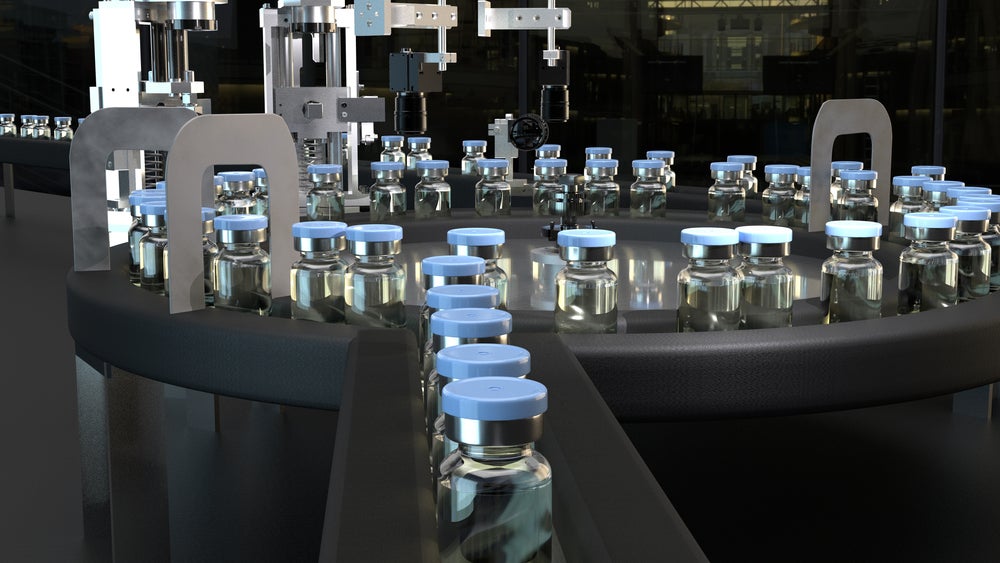BlueRock Therapeutics has signed a collaboration and option agreement with bit.bio to discover and manufacture iPSC (induced pluripotent stem cell)-derived regulatory T cells (Tregs)-based therapies.
bit.bio will detect transcription factor (TF) combinations to reprogramme iPSCs into Tregs by leveraging its machine learning (ML) powered discovery platform.
The agreement also provides BlueRock options to license bit.bio’s opti-ox precision cell programming technology, which is used for controlling the expression of TF combinations within Treg cell therapies.
The opti-ox technology leverages a dual genomic, safe harbour approach to cell programming.
By deploying opti-ox, bit.bio will rapidly facilitate the TF-mediated transformation of iPSCs into highly defined cell types in one step.
bit.bio founder and CEO Mark Kotter stated: “Today’s announcement marks an important milestone for bit.bio. As well as providing significant financial contributions, our collaboration is a testament to the unique capabilities of bit.bio's team.”
BlueRock is tasked with the global development and commercialisation of therapeutic candidates resulting from the partnership.
bit.bio will receive an upfront payment, then further milestone payments and royalties on global sales of all therapies emerging from the collaboration.
BlueRock Therapeutics chief scientific officer Stefan Irion stated: “iPSC-derived Treg-based therapies have the potential to treat a broad range of autoimmune and inflammatory disorders, and we look forward to collaborating with the bit.bio team to explore how their opti-ox cell programming technology can accelerate our efforts to discover and manufacture Tregs from iPSCs."















